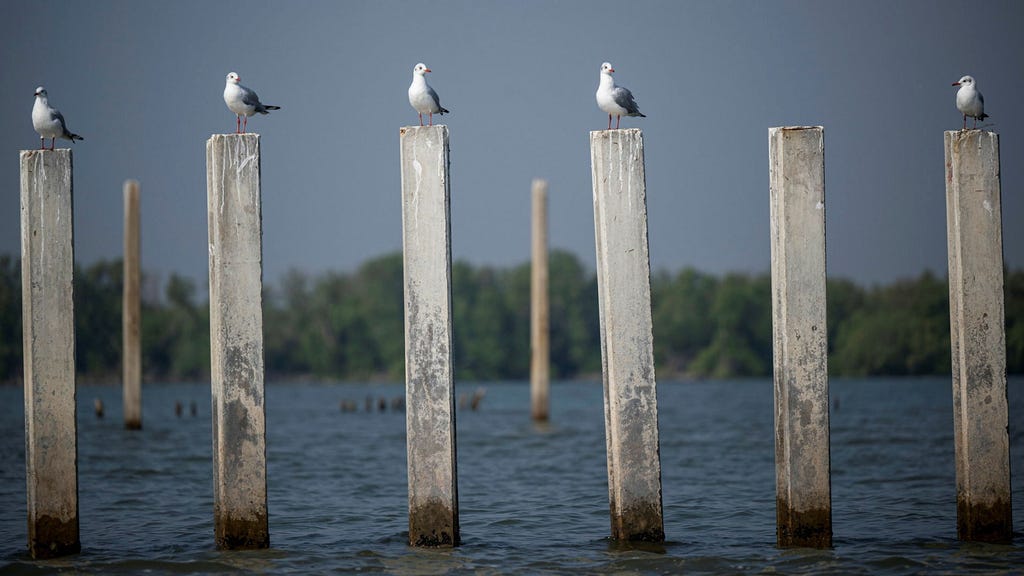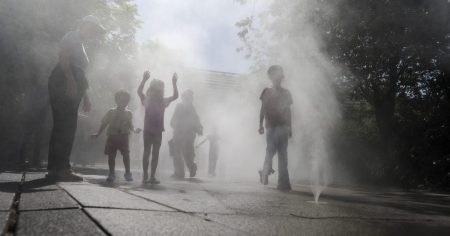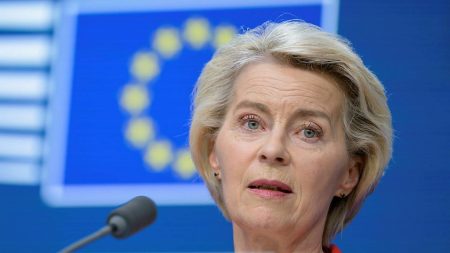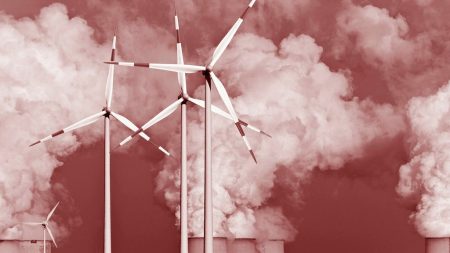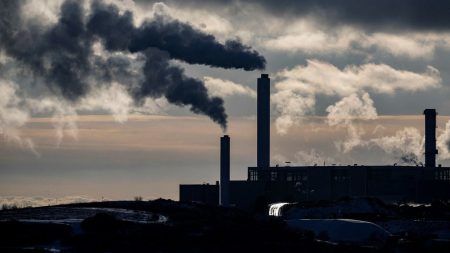DN DEBATT: The Green Paradox: Mortgaging the Future for Present Consumption
The discourse surrounding the green transition is pervasive, yet often tinged with hypocrisy. We speak of a fossil-free future while simultaneously clinging to polluting practices in the present. This ”green paradox” arises from the implicit assumption that future technological advancements will absolve us of the consequences of our current actions. We defer responsibility, banking on future generations inheriting both the burden of climate change and the solutions to mitigate it. This intergenerational inequity demands a critical reassessment of our approach to environmental responsibility. We cannot simply promise a cleaner tomorrow while continuing to pollute today. The urgency of the climate crisis dictates immediate action, not deferred accountability. This requires not only technological innovation but a fundamental shift in our consumption patterns and a willingness to bear the costs of transitioning to a sustainable future.
The allure of future technological fixes acts as a convenient moral loophole, allowing us to indulge in present consumption without fully confronting the environmental consequences. This ”technological optimism” fosters a dangerous complacency, creating a false sense of security that undermines the imperative for immediate action. While technological advancements will undoubtedly play a crucial role in achieving a sustainable future, they cannot serve as a substitute for present responsibility. We cannot afford to gamble on hypothetical future technologies while the planet continues to warm. The climate crisis requires a multi-pronged approach that combines technological innovation with fundamental changes in our behavior and a willingness to invest in the transition now.
The argument for delaying action rests on the flawed premise that future generations, benefiting from continued economic growth, will be better equipped to handle the costs of mitigating climate change. However, this logic ignores the irreversible nature of certain environmental damages. Climate change is not a linear process; it is characterized by tipping points and feedback loops that can accelerate warming beyond our control. Delaying action simply increases the magnitude of the problem and the cost of addressing it, potentially pushing the planet beyond the point of recovery. Furthermore, this argument fails to acknowledge the ethical dimension of burdening future generations with the consequences of our current actions. It represents a fundamental failure of intergenerational justice.
The concept of intergenerational debt highlights the moral obligation we have to future generations. By continuing to emit greenhouse gases at unsustainable levels, we are effectively accumulating a debt that future generations will be forced to pay. This debt takes many forms, from the costs of adapting to a changing climate to the loss of biodiversity and ecosystem services. Furthermore, the longer we wait to address the climate crisis, the larger this debt becomes. We are, in essence, mortgaging the future of our planet for the sake of present consumption. This is not only ethically questionable but also economically shortsighted, as the costs of inaction far outweigh the investments required for a sustainable transition.
The question then arises: what can be done to address this intergenerational inequity? The answer lies in recognizing that the costs of the green transition should be shared fairly across generations. Those who have benefited most from the fossil fuel-based economy have a greater responsibility to contribute to the transition. This requires not only individual actions but also systemic changes, including carbon pricing mechanisms, investments in renewable energy, and regulations to limit greenhouse gas emissions. Furthermore, it necessitates a shift in our societal values, away from a focus on endless economic growth and towards a more sustainable and equitable future.
Ultimately, addressing the green paradox requires a fundamental shift in perspective. We must move beyond the rhetoric of future promises and embrace the urgency of present action. The transition to a sustainable future will undoubtedly require sacrifices, but these sacrifices are small compared to the costs of inaction. We have a moral obligation to future generations to leave them a planet that is habitable and thriving. This requires a commitment to intergenerational justice, a willingness to share the burden of the green transition, and a recognition that the time for action is now, not tomorrow. Delaying action is not only environmentally irresponsible but also a profound betrayal of future generations.





